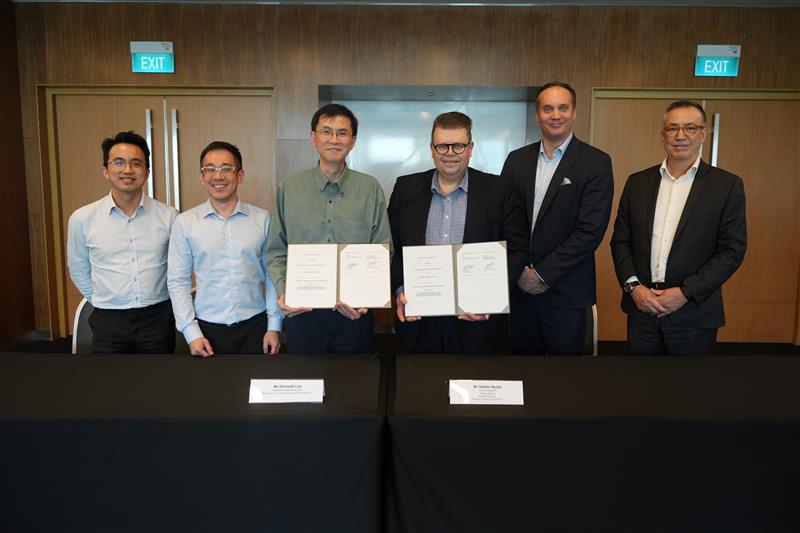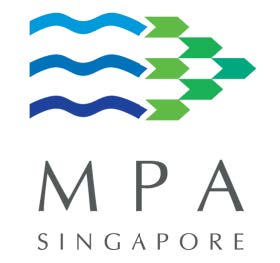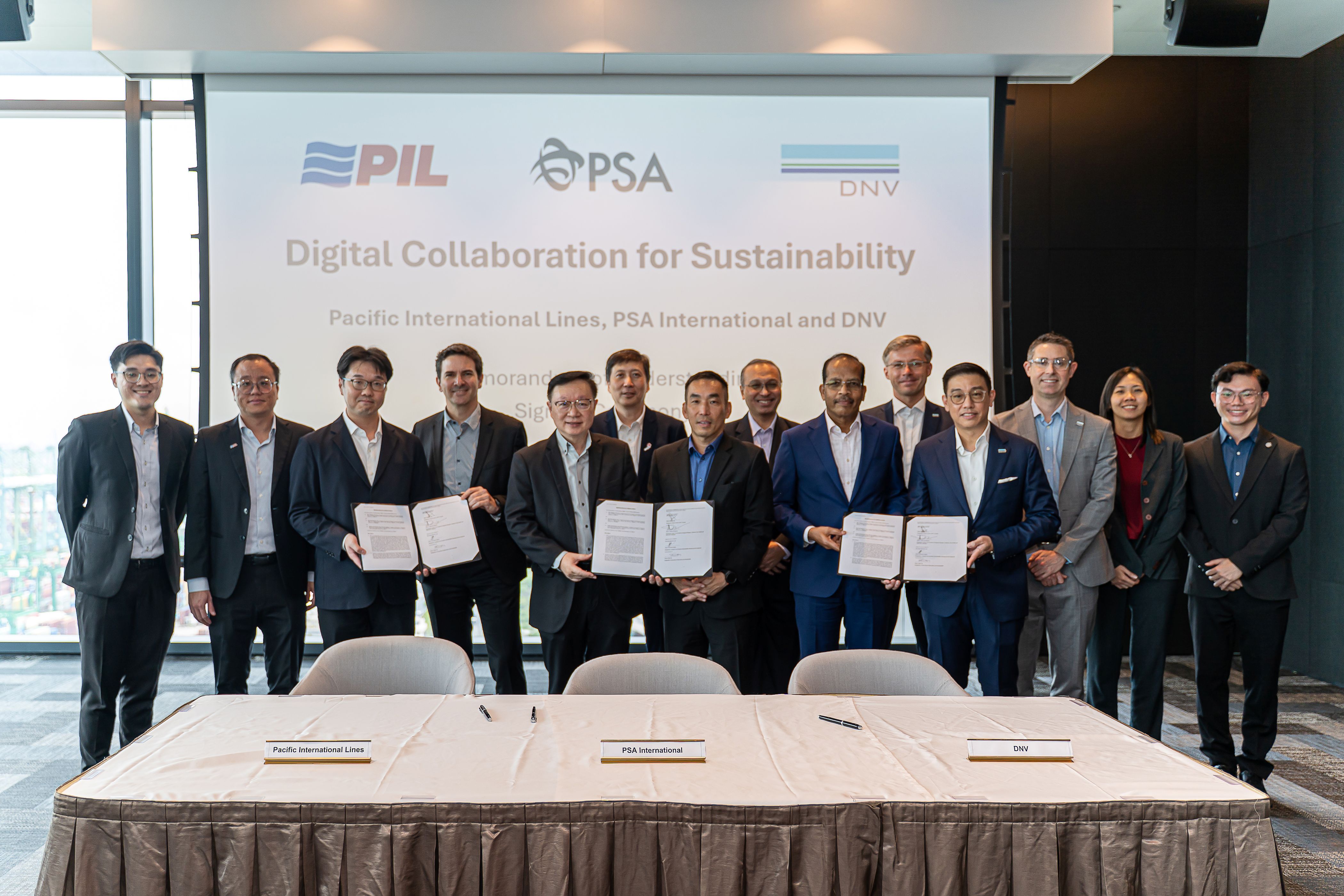A major project which aims to ensure that no country is left behind in maritime decarbonization is set to continue its work through to 2030, following a large new injection of funding.
The Government of Norway has confirmed 210 million NOK (US$19.4 million USD) of funds for Phase Two of the IMO GreenVoyage2050 project, in an agreement between Norway and IMO that was signed on 28 September, World Maritime Day, during the IMO-UNEP-Norway Innovation Forum.
The GreenVoyage2050 project has been implemented by the International Maritime Organization (IMO) since 2019. IMO has been working with selected developing countries around the world, including Small Island Developing States (SIDS) and Least Developed Countries (LDCs), and partnering with maritime-related international associations, other UN organizations, and the industry, to reduce Greenhouse Gas (GHG) emissions from shipping.
This substantial funding facilitates the extension of the project beyond Phase One which concludes in December 2023. Under Phase Two, the project will continue to provide support to developing countries, to help them to meet their commitments to climate change and ship energy efficiency goals, in line with the levels of ambition set out in the IMO GHG Strategy. The 2023 Strategy on the Reduction of Greenhouse Gas Emissions from Shipping by IMO, adopted in July, sets an ambitious goal of achieving net-zero greenhouse gas emissions by or around, i.e. close to, 2050.
The IMO GreenVoyage2050 project was launched in May 2019 to provide support to selected countries to develop policy frameworks and National Action Plans (NAPs) to address GHG emissions from ships, aligned with the implementation of the Initial IMO GHG Strategy, which was adopted in 2018. The project provided support to partnering countries on the adoption of green technologies, through the identification, development and implementation of pilot projects.
Under Phase Two of the project, existing pilot projects in partnering countries will continue to be supported. These include pilot projects which facilitate sharing of operational best practices, catalyze the uptake of energy efficient technologies and support countries in exploring opportunities for the production and provision of low- and zero-carbon fuels, linking the project even further to the wider global energy transition. The number of partnering countries and new pilot projects will be expanded.
The Global Industry Alliance to Support Low Carbon Shipping (Low Carbon GIA) will continue to operate as part of the GreenVoyage2050 project. The Low Carbon GIA offers a platform for leading shipowners and operators, classification societies, engine and technology builders and suppliers, big data providers, oil companies and ports to collectively identify and develop innovative solutions to address common barriers to the uptake and implementation of energy efficiency technologies, operational best practices and alternative low- and zero-carbon fuels.
Ms. Ragnhild Sjoner Syrstad, State Secretary of the Norwegian Ministry of Climate and Environment said, “Norway is committed to ensuring that developing countries receive the necessary support and resources to make progress towards meeting their emission reduction targets. We believe that the work undertaken by the IMO to support developing countries is extremely important and are pleased that our continued contribution will continue the work being undertaken by the GreenVoyage2050 Project.”
IMO Secretary-General Kitack Lim said, “The extension of this project to the end of 2030 will ensure that developing countries are supported in the maritime decarbonization transition in line with the 2023 IMO GHG Strategy. The ongoing support from Norway will allow us to build on the significant progress already made by the GreenVoyage2050 project in developing countries and drive efforts even further.”
The ambition of GreenVoyage2050 is to grow into a wider GHG programme with additional donors stepping up and joining this journey. The Government of Finland has already committed funding to support further scaling-up and expansion of project activities.
On 26 and 27 September, a GreenVoyage2050 Global Project Task Force meeting was held with partnering countries to review Phase One of the project, ahead of the transition into Phase Two.
The GreenVoyage2050 project is one in a portfolio of long-term projects implemented and executed by IMO to support developing States in their maritime decarbonization journey.

 Baltic Exchange launches new Fuel Equivalence Conve
Baltic Exchange launches new Fuel Equivalence Conve  21 Consecutive Years of QUALSHIP 21 Recognition for
21 Consecutive Years of QUALSHIP 21 Recognition for  MPA and Wärtsilä Renew Partnership to Drive Marit
MPA and Wärtsilä Renew Partnership to Drive Marit  MPA and Dalian Maritime University Renew Partnershi
MPA and Dalian Maritime University Renew Partnershi  PSA INTERNATIONAL, DNV AND PACIFIC INTERNATIONAL LI
PSA INTERNATIONAL, DNV AND PACIFIC INTERNATIONAL LI  INTERCARGO Reaffirms Call for Simplicity as IMO Cli
INTERCARGO Reaffirms Call for Simplicity as IMO Cli